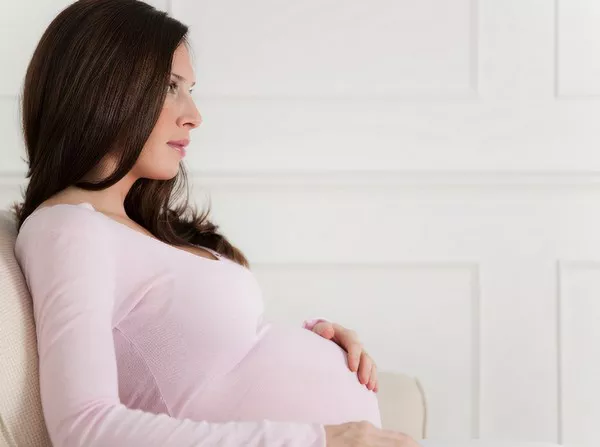A new study conducted by George Washington University has revealed a significant increase in the number of young adults in the U.S. seeking permanent contraception, specifically tubal sterilization and vasectomy, in the aftermath of the Supreme Court’s June 2022 decision that overturned Roe v. Wade. The study highlights how the ruling, which significantly impacted reproductive rights, has led many young people to opt for permanent contraceptive methods in the months following the decision.
The study’s lead author, Julia Strasser, Director of the Jacobs Institute of Women’s Health at the GW Milken Institute School of Public Health, explained that the Dobbs decision had a profound effect on young adults’ reproductive choices. Many individuals between the ages of 19 and 26 sought permanent contraception methods such as tubal sterilization and vasectomy due to fears surrounding the loss of abortion access and the uncertainty about their reproductive rights.
The study, published in Health Affairs on January 6, 2025, analyzed the changes in contraceptive use before and after the Dobbs ruling. The researchers discovered a marked increase in permanent contraception procedures following the decision. In August 2022, there was a 799% increase in tubal sterilizations and a 346% increase in vasectomies compared to May 2022 for young adults aged 19-26. This shift was especially pronounced in states that were more likely to enact abortion bans.
The study also included qualitative responses from a survey of 638 young adults. Many participants expressed their concerns about losing access to abortion and the ability to make autonomous decisions regarding their reproductive health. These fears drove some individuals to seek permanent contraceptive options as a way to secure control over their reproductive future.
The study also observed that the increase in tubal sterilizations and vasectomies was more prominent in states where abortion restrictions were anticipated to be more stringent. This suggests that political and legal uncertainties played a significant role in the decision-making process for many young adults seeking permanent contraception.
Strasser emphasized that this research adds to the growing body of literature documenting the wide-reaching effects of the Dobbs decision on reproductive health and decision-making. The study suggests that young adults, in particular, are deeply affected by the evolving legal landscape, and it calls for greater attention to their unique needs in the context of changing state laws that restrict access to reproductive healthcare services.
The findings highlight the importance of ensuring access to a full range of contraceptive options, as well as the need for healthcare policies that support reproductive autonomy without coercion. The study urges that young people should not feel pressured into making permanent decisions out of fear or uncertainty about their rights, and that access to all contraceptive methods is essential for maintaining reproductive freedom.
You Might Be Interested In:
-
Delayed Brain Maturation Linked to Unhealthy Eating Behaviors in Youth
-
Increasing Fiber Intake Promotes Good Gut Bacteria, Protects Against Infections
-
Hebrew SeniorLife Launches Clinical Trial on Probiotics and Prebiotics for Bone Health

